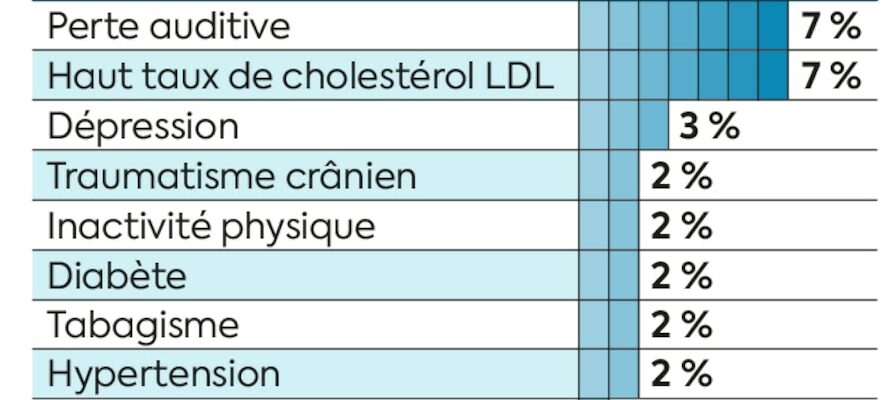The European Medicines Agency (EMA) approved on Thursday, November 15, for certain patients a highly anticipated treatment intended to reduce cognitive decline in people suffering from Alzheimer’s disease, after having initially blocked it in July.
The treatment, marketed under the name Leqembi, is now recommended by the EMA for patients who have not yet reached an advanced stage of the disease, explained the European regulator.
“After reviewing its initial opinion, the EMA Committee for Medicinal Products for Human Use (CHMP) recommended granting marketing authorization for Leqembi (lécanemab) for the treatment of mild cognitive impairment (speech disorders). memory and thinking) or mild dementia due to Alzheimer’s disease (early Alzheimer’s disease)”, and this for certain groups of patients, explained the EMA. “A review concluded that the benefits outweigh the risks in a limited patient population,” she added.
In July, the EMA ruled against the marketing of Leqembi in the EU, considering that the observed effect of the treatment did not outweigh the risk of serious side effects, including potential bleeding in the brain.
She approved the treatment Thursday only for patients at lower risk of potential brain hemorrhage, that is, those who have “only one or no copies of the ApoE4 gene – a type of gene known as an important risk factor for Alzheimer’s disease These patients are less likely to suffer from certain serious health problems than people with two copies of the gene, the Amsterdam-based EMA said.
A disease still poorly understood
Leqembi, developed by the Japanese pharmaceutical laboratory Eisai and the American manufacturer Biogen, was authorized in January 2023 in the United States for patients who have not reached an advanced stage of the disease. It is also marketed in Japan and China. The British drug regulator approved this treatment last August.
Despite decades of research, scientists have so far failed to achieve a real breakthrough in the fight against Alzheimer’s disease, which affects tens of millions of people around the world.
3821 SCIENCE Alzheimer’s
© / The Express
The exact cause of this disease remains poorly understood. Observation of patients’ brains, however, shows the presence of amyloid plaques, which form around their neurons and ultimately destroy them. This is what causes the memory loss characteristic of the disease. In the later stages, patients can no longer perform daily tasks or have conversations. The Leqembi treatment, administered intravenously once every two weeks, can, according to clinical trials, reduce these amyloid plaques.
